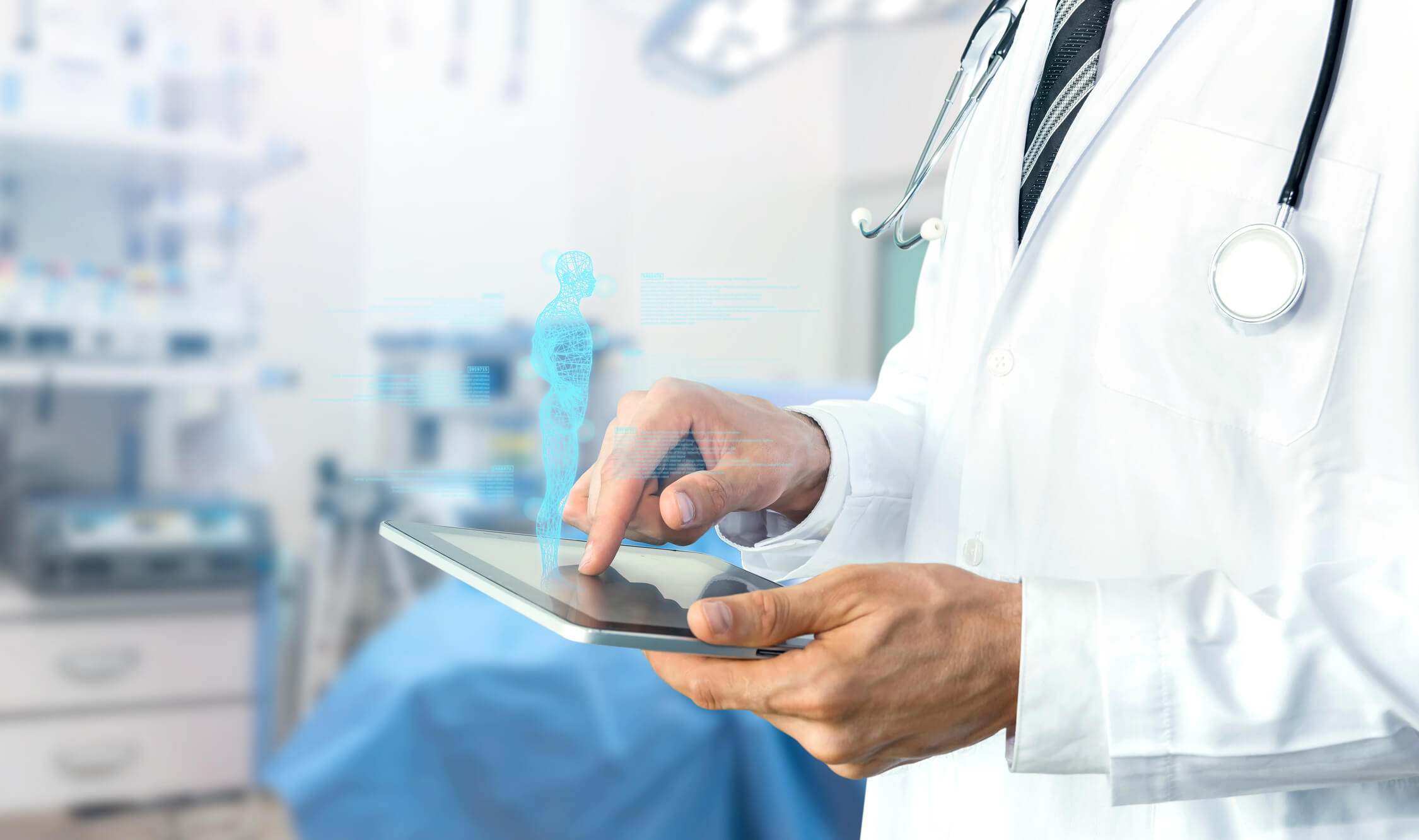For the first time in Italy, from 1st to 3rd February, the conference Critical Care Datathon at Humanitas
How to apply Artificial Intelligence to Intensive Care?
Humanitas, Politecnico di Milano, MIT and ESICM (the European Society of Intensive Medicine), will host for the first time in Italy, from 1st to 3rd February, the conference Critical Care Datathon and ESICM’s Big Data Talk.
It is the most important event in Europe dedicated to Artificial Intelligence applied to intensive care, attended by about 300 specialists from different parts of the world and some of the most important experts on the subject, including Professor Maurizio Cecconi, President-elect of ESICM and Head of the Department of Anesthesia and Intensive Care of Humanitas and Lecturer at Humanitas University.
Conference outline
After London, Boston, Singapore, Madrid and Paris, the Critical Care Datathon will be held for the first time in Italy, in Milan.
It will take place over three days, full of practical training workshops and seminars in which experts will demonstrate how Artificial Intelligence (AI) can be applied to medical research, showing how machine learning models can be implemented for clinical research in critical conditions.
Program
The various topics on the agenda include:
– the reason why Artificial Intelligence is needed in intensive care;
– the state of the art of electronic health records in Europe;
– the creation of shared initiatives between institutions and issues related to privacy and data security.
According to Professor Cecconi, the application of Artificial Intelligence to intensive care is still in a testing phase, but the first scientific research and publications are encouraging: “It could be revolutionary for the medical field,” he says.
As for the second point, Cecconi explains: “The spread of electronic medical records and the advances in monitoring devices have made it possible to collect ever-increasing amounts of patient data, especially in intensive care. Analysing them with automatic learning and predictive modelling could provide new information and improved patient care.
An award for the three best projects
During the conference, various teams of physicians, data experts and statisticians will take part in a real challenge to find new ways to address real clinical questions using large data sets of electronic health records.
The different teams will be assigned a clinical question that the participants will have to resolve according to their own skills and knowledge, in order to provide an innovative solution to the problem.
At the end of the test, they will prepare a presentation. “The best projects will receive an award and be presented at the annual ESICM event in Berlin,” explains Professor Cecconi.
The objectives of the conference
“The primary objective of this important event is to improve treatment outcomes of critical patients thanks to the use of Machine Learning and Deep Learning technology. We monitor our patients with a lot of machinery and generate a lot of data, both for those who are hospitalized and for those who may need hospitalization in a critical area. The new methods of data analysis could help doctors make better and faster diagnoses, resulting in better treatment,” explains Professor Maurizio Cecconi.
A second fundamental objective is to raise awareness and promote collaboration between medicine and technology.
Guests (also international)
The conference will be attended by specialists from all over the world.
In addition to Professor Maurizio Cecconi, other field experts will give their contribution: Professor Leo Anthony Celi of MIT Boston, several ESICM members, and Riccardo Barbieri, Professor of Biomedical Engineering at the Polytechnic of Milan.

